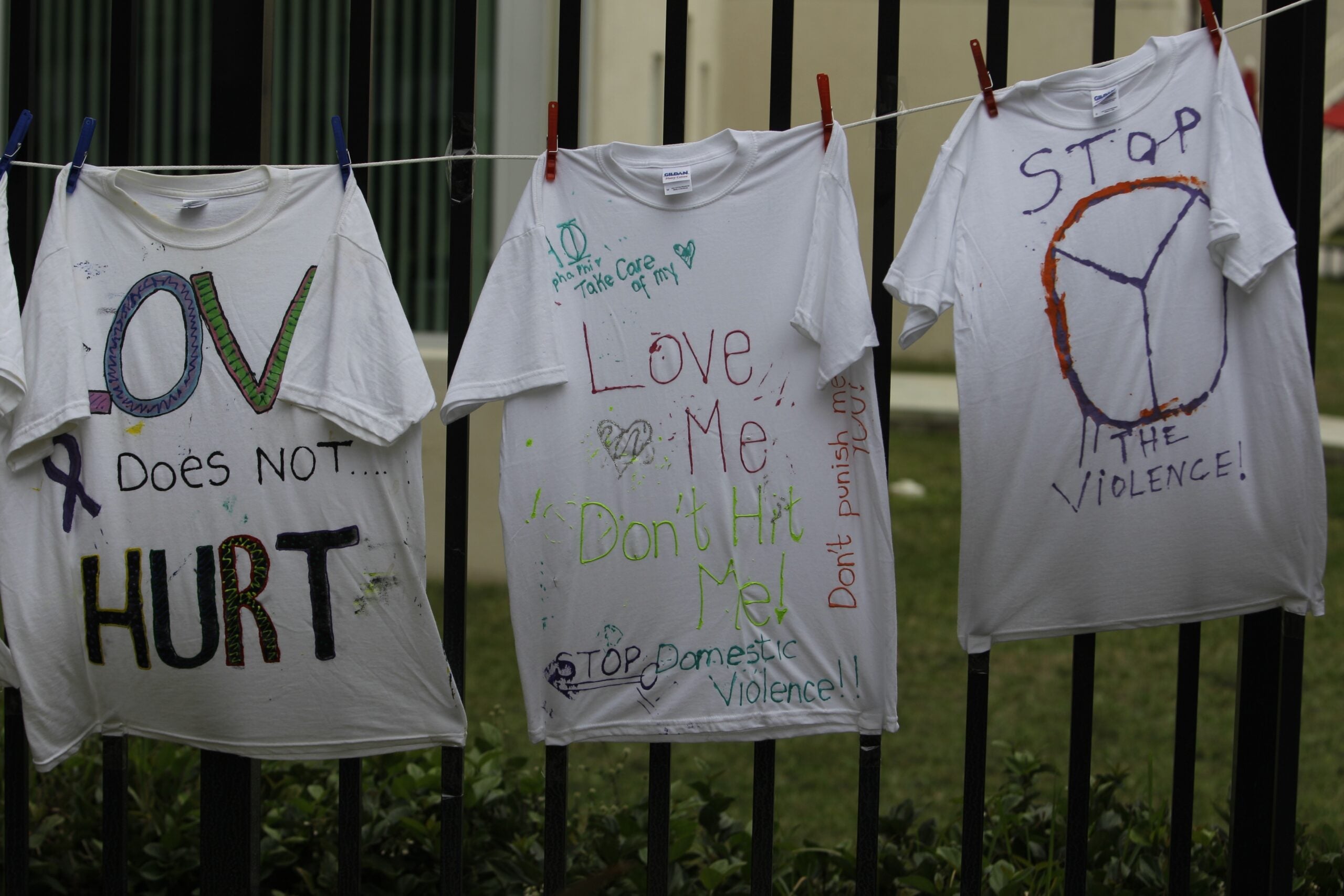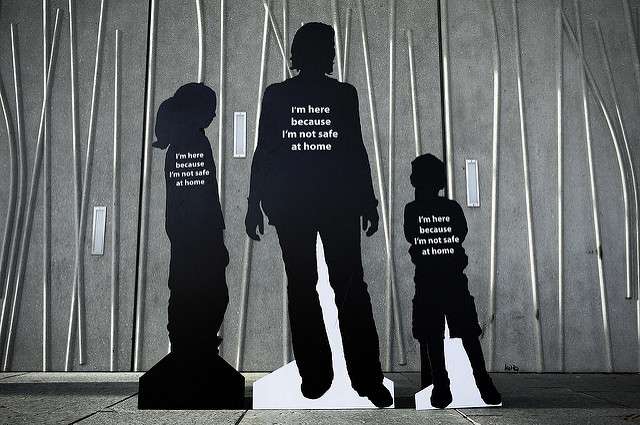Domestic violence prevention advocates say they aren’t convinced by the findings of a new study that calls for changes in the mandatory arrest policy police use when responding to domestic violence calls.
The study analyzed the death rates for domestic violence victims whose abusers were arrested in a Milwaukee neighborhood, using data from 23 years ago. The findings show those whose partners were arrested were much more likely to die an early death later on from heart disease or other internal illnesses. The death rate was highest for African Americans.
The authors suggest this is the result of the stress caused by the arrest, but Antonia Vann of Asha Family Services says the results don’t match her own experience.
Stay informed on the latest news
Sign up for WPR’s email newsletter.
“I have worked with literally thousands of victims and I have not encountered any that are so traumatized by the arrest,” Vann said. “For the most part, they want him out of there!”
Vann also says she believes poverty, lack of access to health care and a general distrust of the police in African American neighborhoods likely play a larger role in a victim’s stress level than the mandatory arrest policy.
Milwaukee Police Chief Ed Flynn, however, says the study raises a broader question about what’s changed in the two decades since the study was carried out. He says there’s an array of community services for victims now that weren’t there before.
“Victims get services and we’ve got data to show how many more people we’ve referred,” Flynn said, “but the arrest sanction per se seems to still have a strong negative correlation, particularly in disadvantaged communities.”
Flynn says one thing that hasn’t changed since the study is the continued unwillingness of many victims to appear in court to testify against their abuser. Flynn says that means charges are often dropped and the abuser comes back home angrier than before.
Wisconsin Public Radio, © Copyright 2024, Board of Regents of the University of Wisconsin System and Wisconsin Educational Communications Board.



